In March, the Bureau of Land Management (BLM) approved oil shale development plans submitted by ExxonMobil and Natural Soda Holdings, Inc. for two proposed research, development, and demonstration (RD&D) leases on federal land in the Piceance Basin of Colorado (pictured below). The plans now await review by the Colorado Division of Reclamation, Mining, and Safety before being allowed to proceed further.
RD&D leases are essentially free giveaways to the private sector, allowing oil shale companies to extract on public lands without having to pay bonuses, rents, or royalties, as would normally be required for conventional oil and gas. Because no income is generated from the leases, the cost of damage resulting from extraction activities on these lands is borne by taxpayers.
The federal government and private industry have attempted to commercialize oil shale production in the United States since the early 20th century.However, despite benefiting from billions in taxpayer-backed subsidies, the oil shale industry is still years, if not decades, away from reaching commercial scale production.
Exxon’s previous attempt at oil shale extraction in the area ended in failure when the company terminated its Colony II Project in 1982, less than two years after starting construction. The project, which had been awarded a $1.15 billion Department of Energy loan guarantee, was shut down when its costs skyrocketed to more than $5.5 billion – approximately $12 billion in 2010 dollars. Subsequent efforts by other companies have also proven unsuccessful. Chevron abandoned its RD&D lease in February 2012, shifting its priorities to the development of more viable energy resources. Royal Dutch Shell did the same in 2013, citing similar concerns.
Despite failing to achieve commercial viability, the oil shale industry continues to receive federal support in the form of subsidies and other forms of preferential treatment. Taxpayers should be fairly compensated for any resources extracted from public lands, rather than being forced to subsidize an unproven, high-risk industry. In these tight budget times, we cannot afford to continue throwing good money after bad.

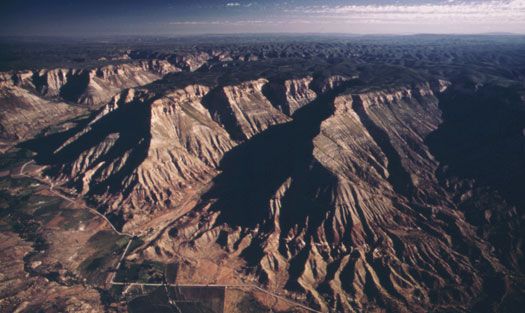
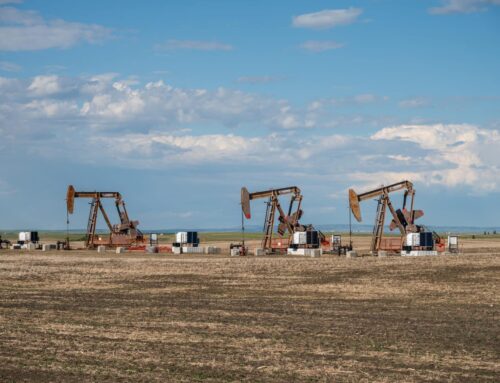
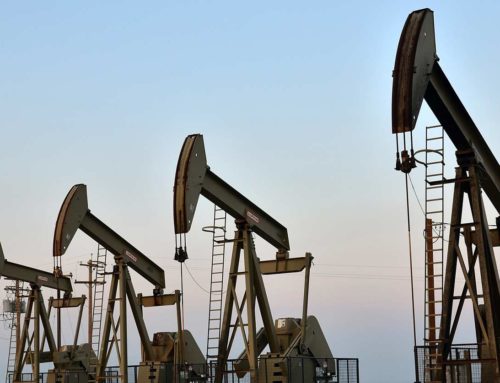
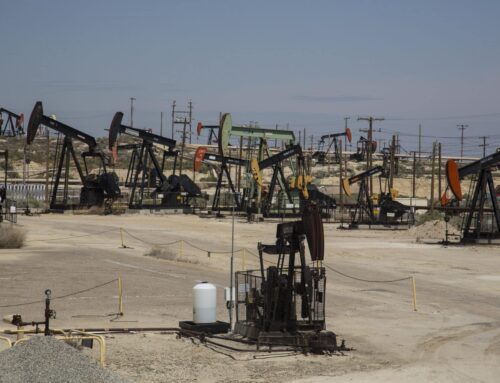
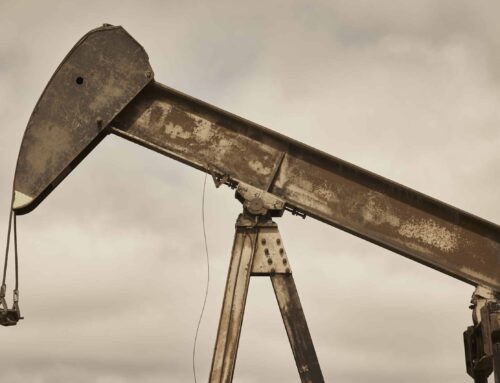
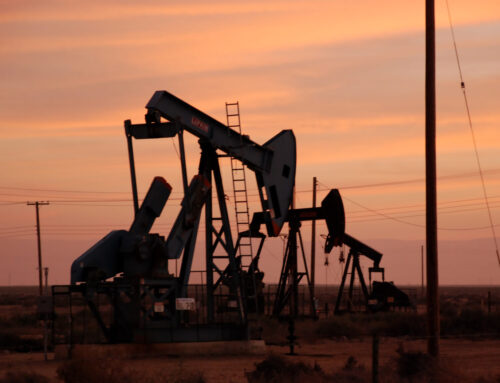
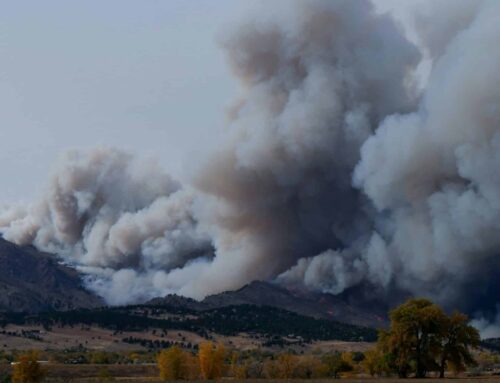







Get Social